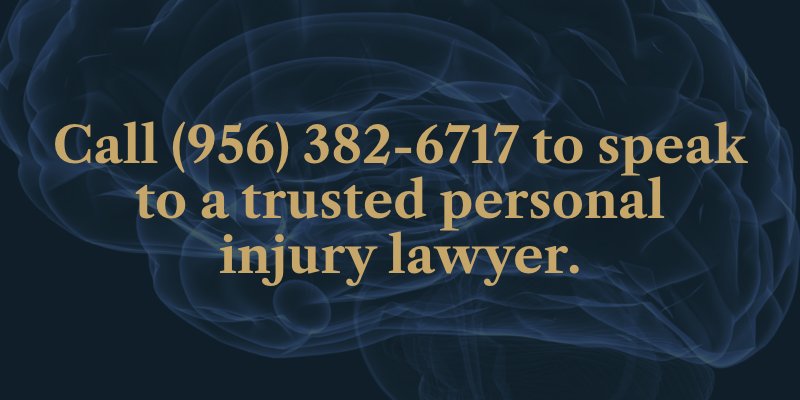Brain injuries can have a profound impact on a person’s life, affecting their ability to perform daily activities, work, and engage in hobbies or other activities they once enjoyed. Additionally, brain injuries can affect a person’s personality, behavior, and cognitive function. This impact can be felt not only by the person who has suffered the injury but also by his or her loved ones and caregivers.
Depending on the nature of the accident, brain injuries can range from mild to severe. As a result, different types of brain injuries result in different symptoms. If you or a loved one has suffered a head injury, understanding the causes and symptoms of brain injuries is crucial in ensuring that you receive the proper medical treatment and support.
Common Causes of Brain Injuries
Traumatic brain injuries (TBIs) occur when you suffer a jolt or blow to the head or when an object penetrates the skull. A TBI can happen in many different situations, including the following:
- Car accidents
- Sports injuries
- Falls, particularly among older adults
- Acts of violence, such as assaults and gunshot wounds
Symptoms of Mild Brain Injuries
Mild brain injuries are common but can be challenging to identify and diagnose. This type of damage causes temporary dysfunction of the brain’s nerves. It can also result in structural damage to the brain’s neurons and axons, which can disrupt communication between different parts of the brain.
If you have a mild TBI, you may experience any of the following symptoms:
- Headache
- Dizziness
- Confusion
- Blurred vision
- Ringing in the ears
- Lightheadedness
- Nausea or vomiting
- Sensitivity to light and sound
- Tiredness or sleepiness
- A bad taste in the mouth
- Changes in sleep habits
- Behavior or mood changes
- Difficulty with memory, concentration, attention, or thinking
- Loss of consciousness that lasts from a few seconds to minutes
Symptoms of Moderate to Severe Brain Injuries
Moderate to severe brain injuries can significantly disrupt brain function and communication, resulting in a range of symptoms that may overlap with those of mild TBI. In addition to the symptoms mentioned earlier, individuals with moderate or severe TBI may experience any of the following:
- A persistent, worsening headache
- Loss of consciousness from several minutes to hours
- Inability to wake up from sleep
- Enlarged pupils in one or both eyes
- Vision loss in one or both eyes
- Repeated, ongoing vomiting and nausea
- Numbness and tingling in the arms or legs
- Significant confusion, agitation, or restlessness
- Loss of coordination and clumsiness
- Convulsions and seizures
- Slurred speech

Legal Options for Brain Injury Victims in Texas
If you suffer any type of head injury, it is essential to seek emergency medical care, even if you do not think the injury is severe. Brain injuries can cause long-term damage and even death, and prompt medical attention can help prevent further complications. Always go to the doctor as soon as possible and save all of your medical records.
In many cases, brain injuries are caused by the negligent actions of another person. In these situations, you may be eligible to file an insurance claim or lawsuit against the at-fault party and recover financial compensation for your medical care, lost wages, and other damages.
A Texas personal injury attorney can help you understand your legal options and take your first steps toward holding the negligent person accountable. Contact a lawyer as soon as possible following your accident to discuss your case and identify your optimal path to compensation.

